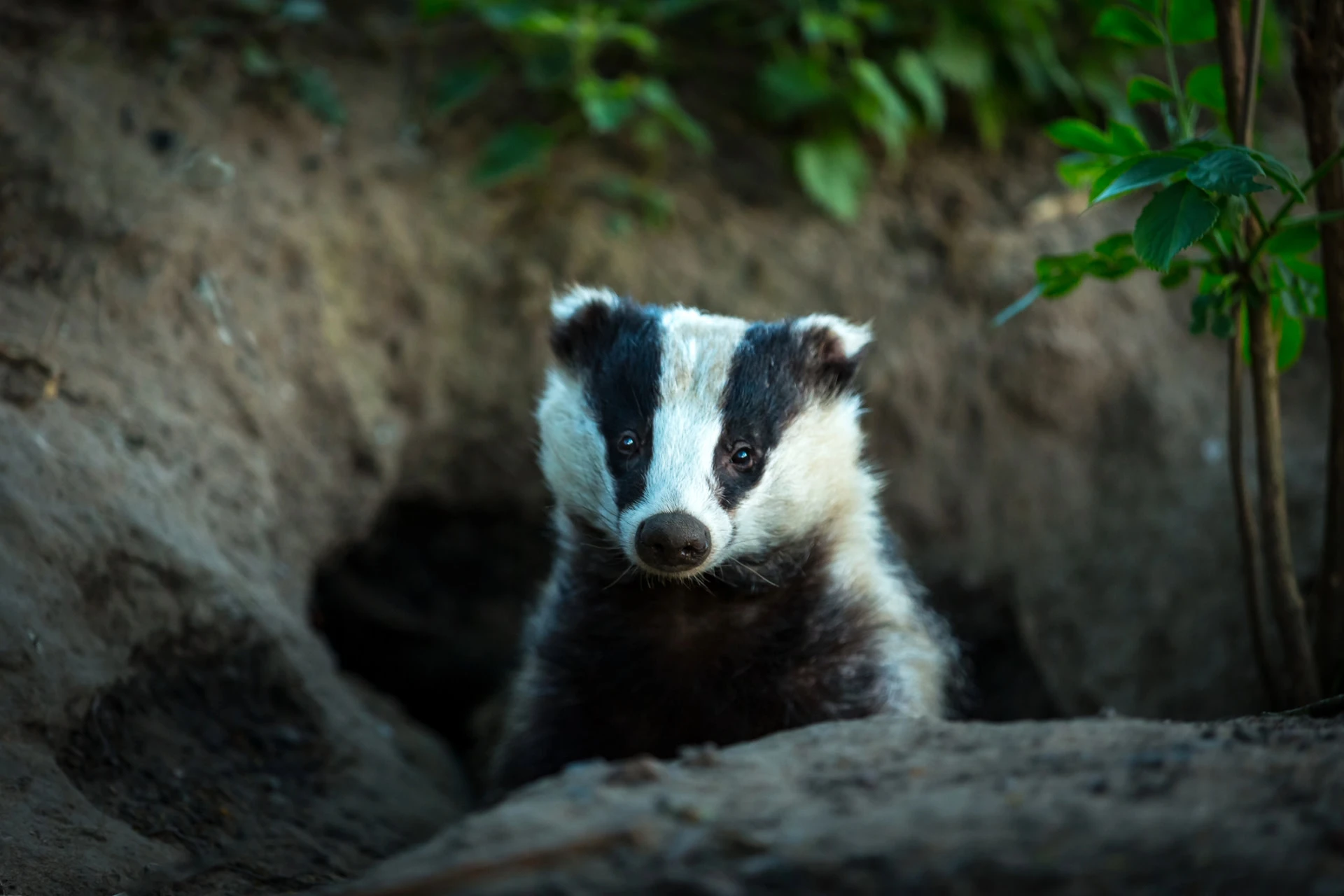England has continued to issue permits allowing people to kill badgers to protect cattle from disease, despite local extinctions and scientific evidence stating that badger culling is not the best way to protect bovines. What’s happening?
The Guardian reported that it accessed leaked documents showing that England’s Department for Environment, Food and Rural Affairs issued 17 new licenses in June that allow people to kill badgers. The publication explains that badger culling has been used in the country for years to stop the spread of bovine tuberculosis to cattle and has led to local extinctions.
However, scientific reports have shown that culling badgers is not the most effective way to stop the spread of this disease, and DEFRA’s decision overrules the advice of its own scientific adviser, Peter Brotherton, director of science for Natural England.



Well, people shut their eyes and ears to anything scientific when it comes to killing animals, right? Not even speaking of the insane aversion to veganism but also people who hunt for fun or shoot trophies in “exotic” regions and stuff. Shit’s cruel
I don’t defend the hunters themselves, I agree killing exotic species for fun is terrible.
I do defend the countries that have a regulated exotic hunting industry though. People will kill these animals regardless, and having an organized and legal avenue to do so has positive benefits, even though that doesn’t make sense at first. Many species are saved, as people will spend a ton of money to kill something fancy (again, this is crazy to me) and rather than giving money to poachers, the money goes to conservationists. Why do conservationists let people kill the animal they’re trying to save? Because they keep track of how many animals there are and only allow a certain number to be hunted. They take the money from that, and use that to fund their conservation. Where else would they be getting money to do the conservation? It is a steady and reliable source of money to fund the protection of animals. These crazy rich people know if they shoot all the endangered whatevers, then they can’t do it anymore, so they just pay the money and get a plush experience instead of risking something illegal and having a difficult and uncomfortable time.
Think of it like illicit drugs. People will do it anyway. If it’s legal, it can be monitored, it can be done much more safely, and profits can go to getting people with drug problems help, for example. Yes, people are still doing drugs, which we could debate all day long if that’s ok or not, but the system as a whole is better because we actually know what it going on and can work with known, factual data, as opposed to guessing what is going on.
I hope that was helpful and non-controversial. I don’t promote the process, but I do see it as a net positive, the same as I don’t support heroin, but support safe injection sites and needle exchanges as I see those as a positive alternative to not having those things.
veganism is almost as bad as hunting for fun to be fair
Statistically it is much worse. Hunting for fun is liscensed and controlled very rigorously, while similar protections are not in place when dealing with farm animals.
but my morals only allow me to care for photogenic farm animals, not those pesky nasty vermin that are exterminated by the tens of thousands in order to plant hectares of mostly nutritionally useless soy monocrop, all so I can follow a diet that will lead to me looking like a Holocaust victim.
A lot of those crops are fed to meat animals. Wildlife dies. Animals in industrial units die. Vegans get too thin and die. Meat eaters get too fat and die.
Cats inherit the earth.
Everything shits, everything dies. I love it.
Ok